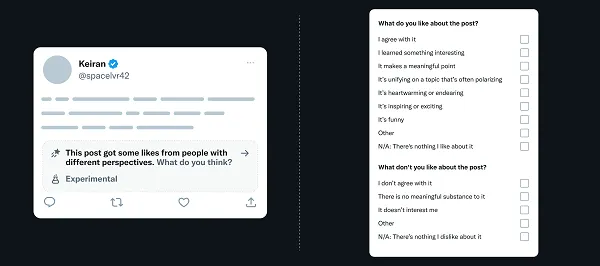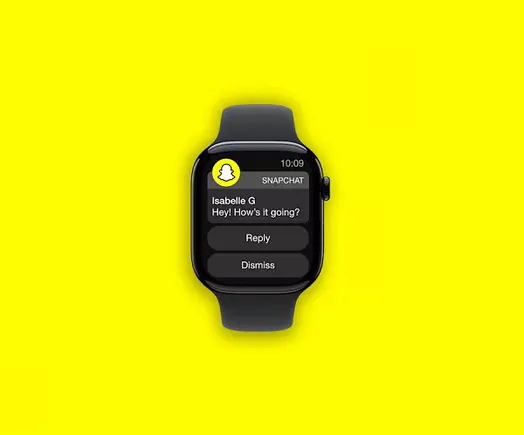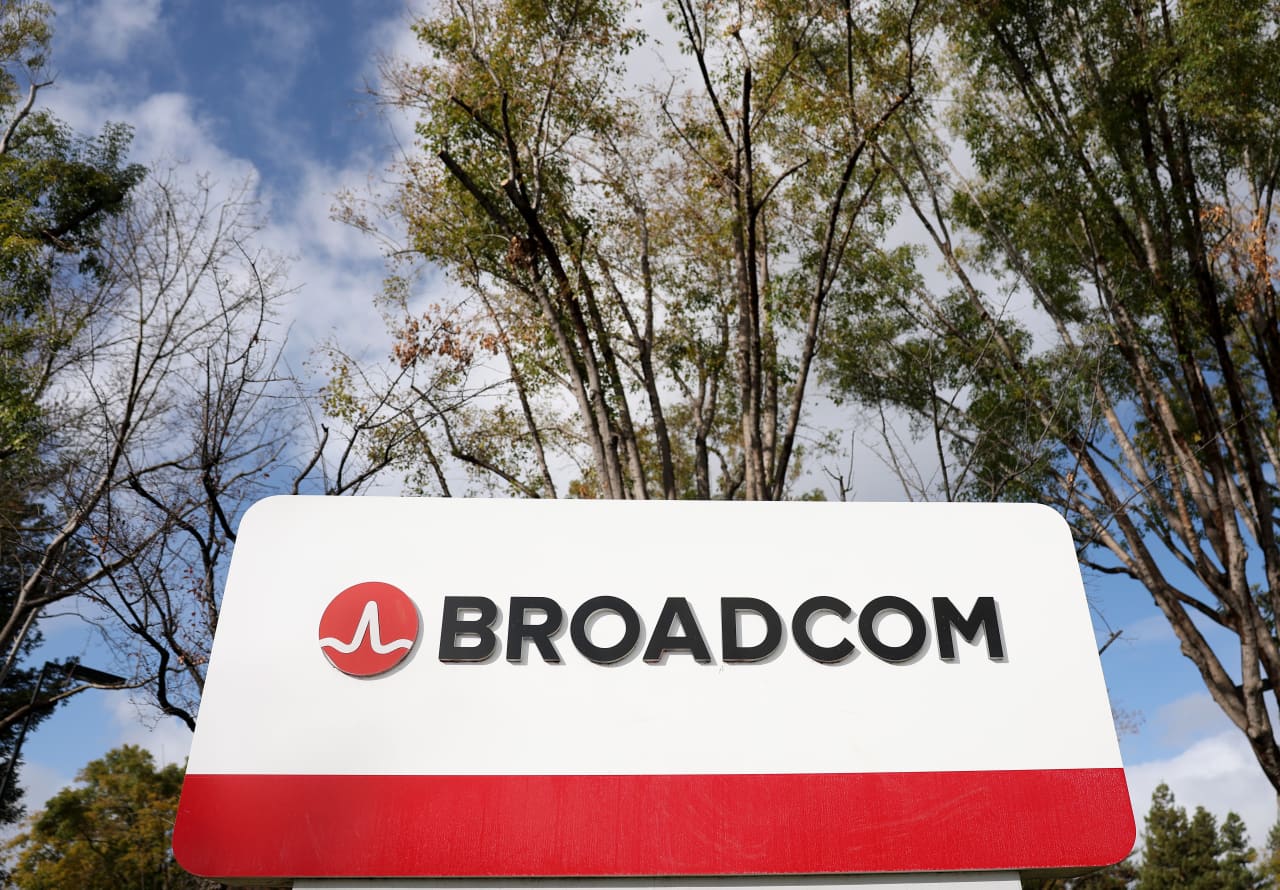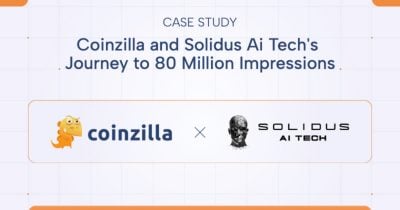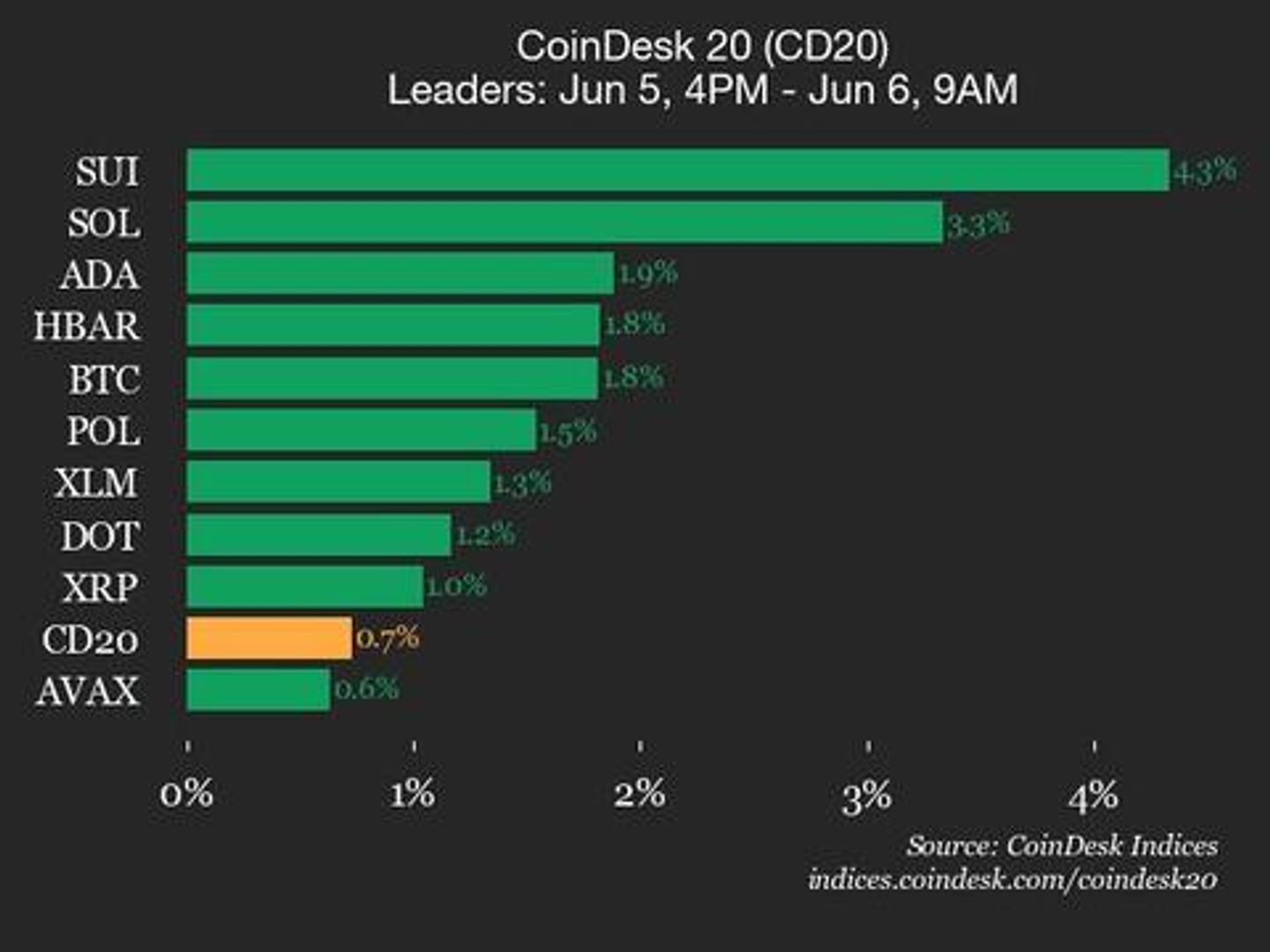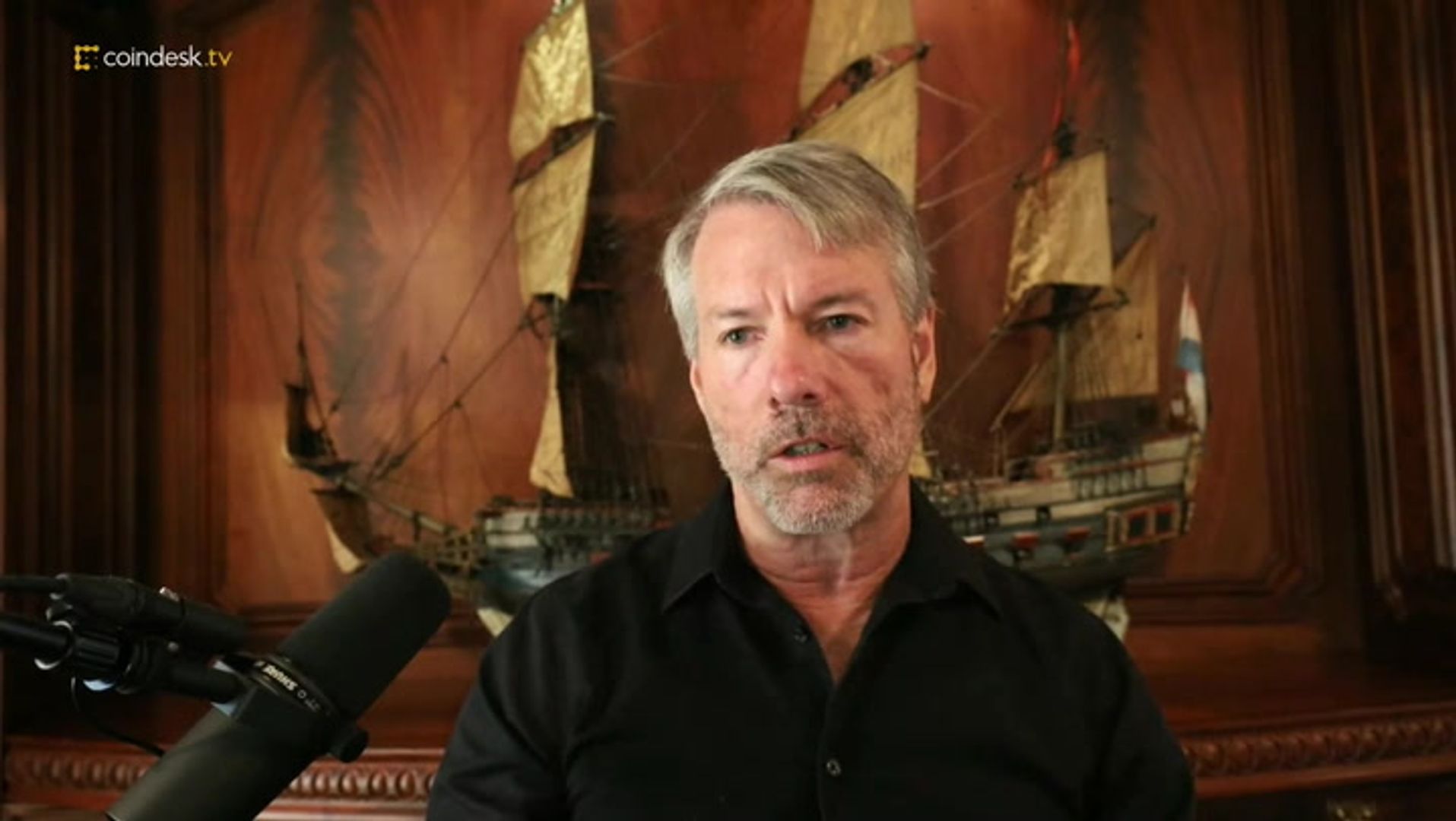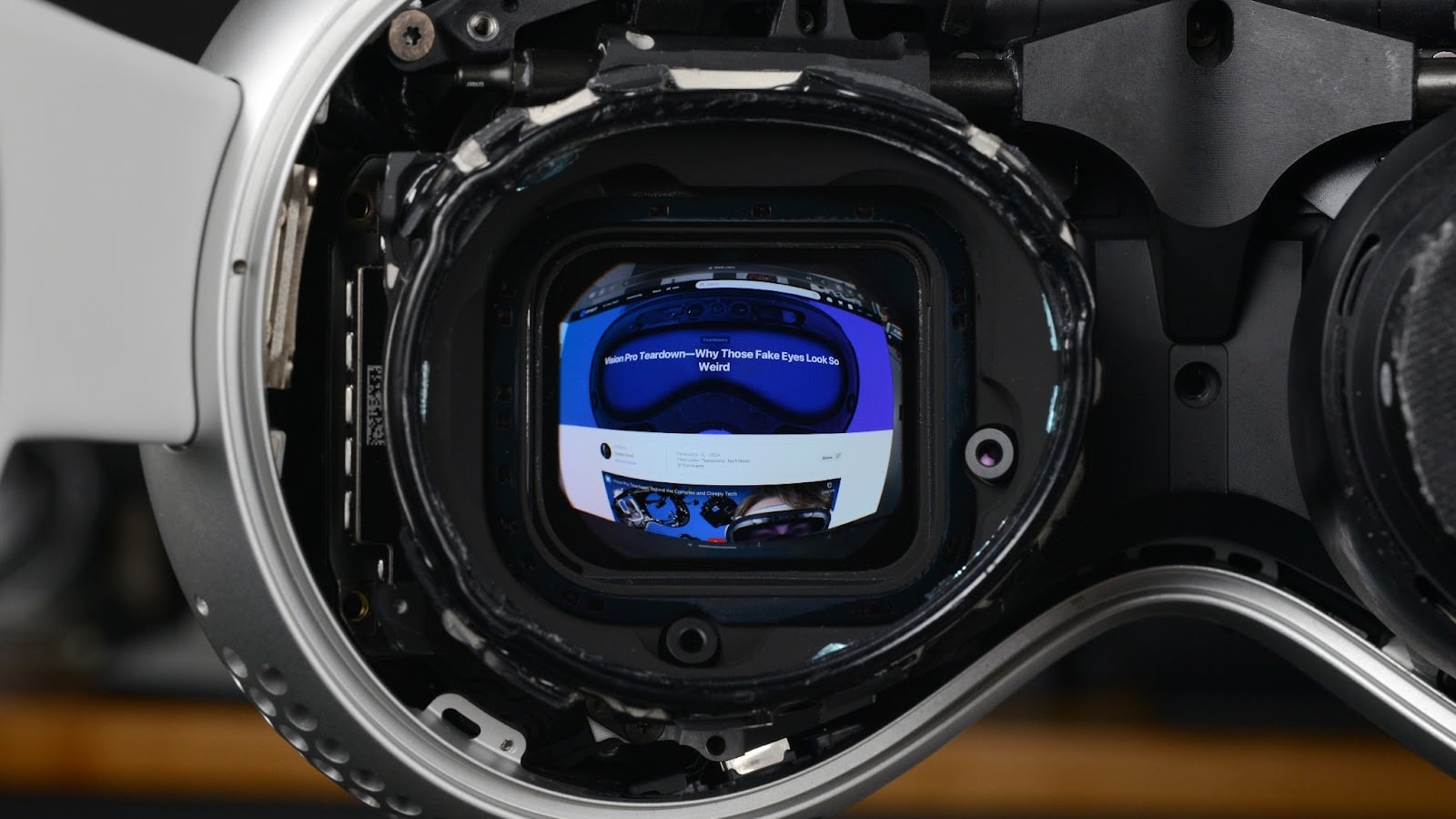How a $20 Game Destroyed the Entire AAA Industry?
A $20 indie game just outplayed a $400 million AAA giant—no hype, just pure fun. Read how Schedule 1 flipped the gaming industry on its head.


In an era where blockbuster games boast budgets rivaling Hollywood films, a $20 indie title, Schedule 1, has emerged as a disruptive force, challenging the very foundations of the AAA gaming industry. Developed single-handedly by Tyler's Video Game Studio (TVGS), this open-world drug-dealing simulator has captivated players worldwide, prompting a reevaluation of what truly defines a successful game.
The Meteoric Rise of Schedule 1
Released in early access on March 24, 2025, without any marketing campaign, Schedule 1 quickly ascended the Steam charts. Within its first weekend, it achieved a peak of over 414,000 concurrent players, surpassing titles like Grand Theft Auto V and Monster Hunter Wilds. By April 6, it reached an all-time peak of 459,075 concurrent players. To date, the game has sold over 8 million copies, generating nearly $125 million in revenue.
A Gameplay Experience Rooted in Creativity
Schedule 1 offers players a unique blend of business management, tactical strategy, and dark comedy. Set in the fictional city of Hyland Point, players start as small-time dealers, cultivating and distributing various drugs. As the game progresses, they can expand their operations, hire staff, and navigate challenges like law enforcement and rival dealers.
Despite its controversial theme, the game is infused with humor and satire. Players encounter exaggerated scenarios, such as customers experiencing bizarre side effects, adding a layer of absurdity that contrasts with the game's serious undertones.
Contrasting with AAA Game Development
The success of Schedule 1 starkly contrasts with the traditional AAA development model. Major titles like Assassin's Creed Shadows, which had a development and marketing budget estimated at $400 million, have struggled to achieve similar player engagement.
AAA games often prioritize expansive open worlds and cutting-edge graphics, sometimes at the expense of innovative gameplay. In contrast, indie developers like TVGS focus on delivering unique experiences, often with limited resources but greater creative freedom.
The Power of Community and Early Access
A significant factor in Schedule 1's success is its early access release strategy. By involving the community in the development process, TVGS could gather feedback, implement changes, and build a dedicated player base. This approach mirrors the development of other successful indie titles like Hades, which benefited from community input during its early access phase.
Implications for the Gaming Industry
The rise of Schedule 1 underscores a shift in player preferences. Gamers are increasingly valuing innovative gameplay and authentic experiences over high-budget productions. This trend suggests that the gaming industry may need to reassess its priorities, focusing more on creativity and player engagement than solely on production scale.
While AAA titles will continue to have their place, the success of indie games like Schedule 1 demonstrates that passion-driven projects can resonate deeply with audiences, potentially reshaping industry standards.
Edited by Rahul Bansal




